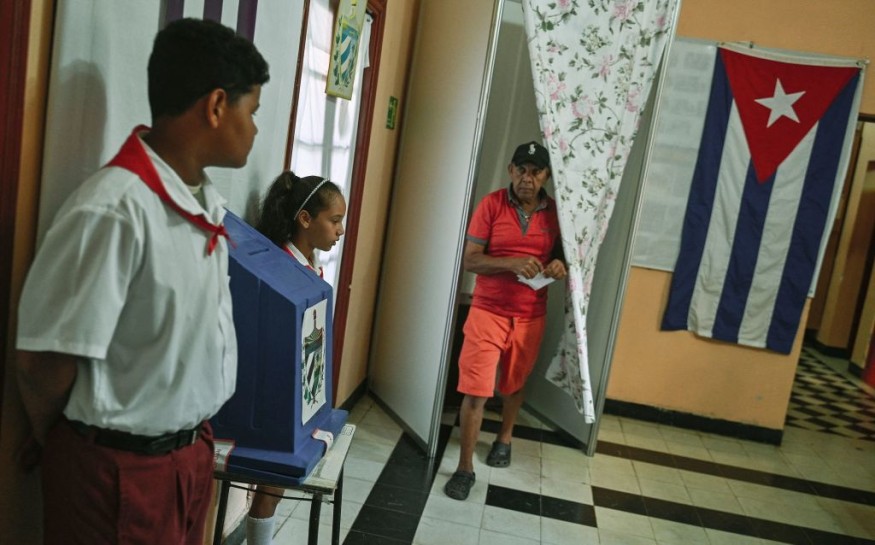Cuba Holds National Elections, But There Are No Opposition Candidates

Cuba will be holding its National Assembly elections this Sunday, with 470 parliamentary seats in its National Assembly up for grabs. However, these elections are notable as absolutely zero Cuban opposition members are running.
According to the Associated Press, Cuba holds its elections every five years. It is technically nonpartisan but falls under the indirect control of the country's true power under the constitution, which is the Cuban Communist Party.
Of these 470 seats, half of them are chosen from municipal assemblies chosen in local elections last November. The other half comes from those nominated by various groups that represent several key sectors of society, including women's groups and workers' unions.
However, no matter who is running, all these candidates are vetted by election committees with ties to the Communist Party. The government claims this system is inclusive and builds unity while steering clear of the divisiveness of party politics or any ill effects of big-money donors. However, it does not include anybody with a differing voice, and the outcomes are often already a foregone conclusion.
One thing that many international observers will be interested in, however, is how many voters will be abstaining from voting in these elections where the winner has already been pretty much decided even before a single vote has been cast.
These elections are still important in Cuba, as members of the National Assembly not only legislate or make and approve laws but also vote for the president and executive officials from among its members. However, it seems that a lot of Cubans will not be participating this year.
Voter Turn Out in Cuban Elections Expected to be Low
Members of the Cuban opposition, mostly those who live outside of Cuba, have called this election process a "farce." Videos of groups criticizing the elections have circulated around social media, and many who are still in the country are saying, "why bother?"
Humberto Avila, a 77-year-old Havana resident and retired University professor, spoke with Reuters and said there was no point in voting. "That's the same number of candidates as open seats," he stated. "There are no choices."
Critics say that the Cuban electoral system lacks transparency and that the elections are just held to "rubber stamp for one-party rule." With Cuba in a massive economic crisis, fewer and fewer people are voting as more and more people choose to abstain. This was evident last November when 31% of eligible voters actually abstained, making it the highest abstention rate in four decades.
Human Rights Activists Decry New Penal Code in Cuba
As the elections approach, Cuba has now exacted a sweeping new penal code that has activists, opposition leaders, and human rights defenders concerned as this new law would limit freedom of speech in Cuba.
According to the Associated Press, this new law will affect journalists, human rights activists, protesters, social media users, and opposition figures. It increases the minimum penalties for various penalties like "public disorder," "resistance," and "insulting national symbols." It also establishes various digital offenses and makes it harder to criticize the Cuban government online.
This article is owned by Latin Post.
Written by: Rick Martin
WATCH: Apathy reigns ahead of Cuba vote - Associated Press
Subscribe to Latin Post!
Sign up for our free newsletter for the Latest coverage!
















